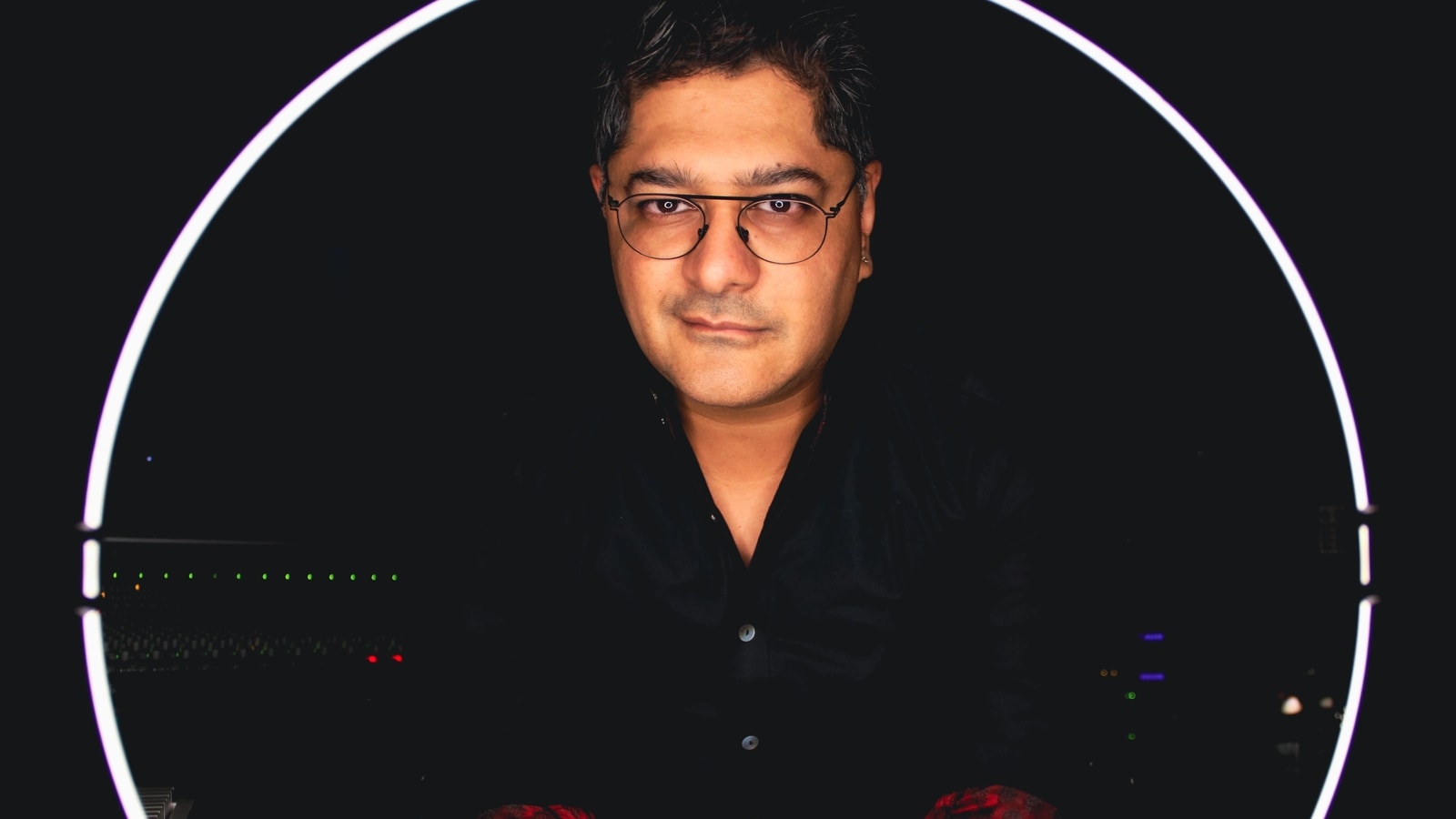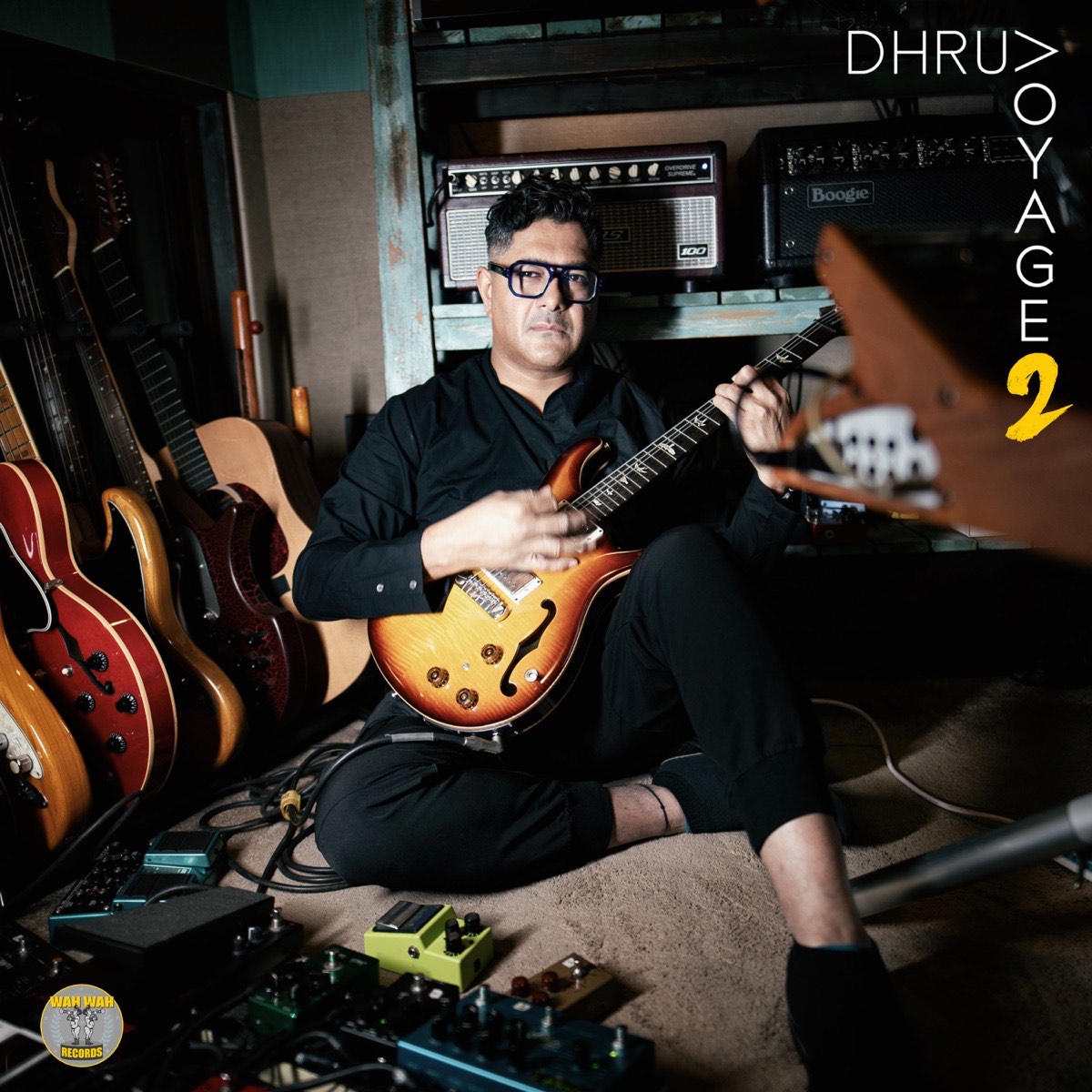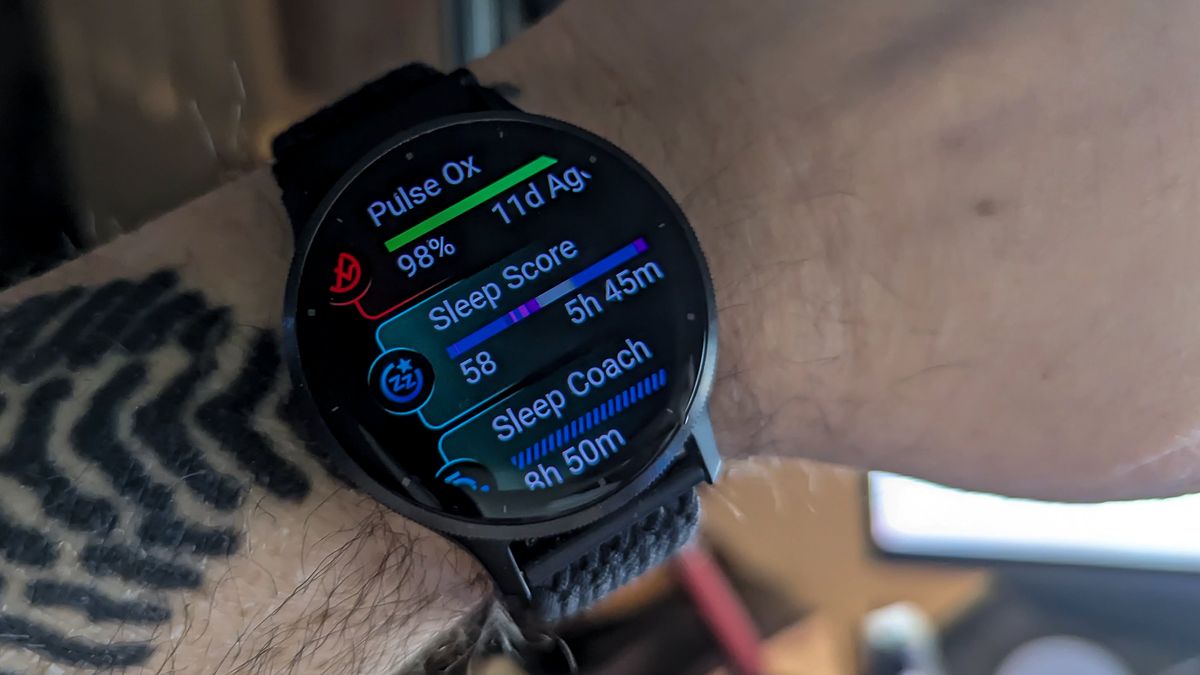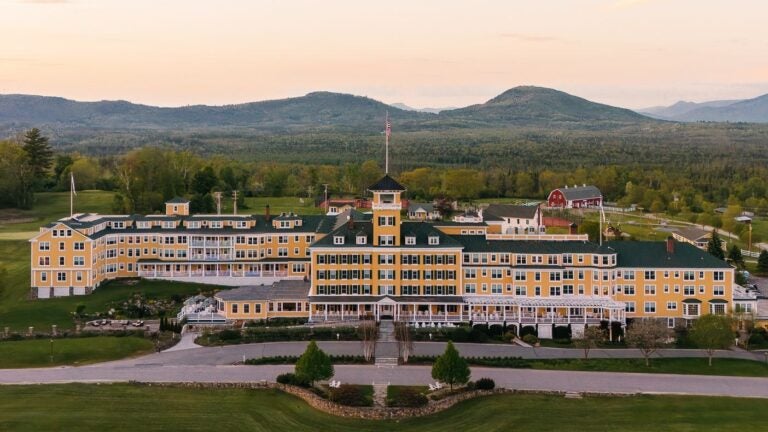World
Between Distance and Voyage, musician Dhruv Ghanekar is at home with the world

Once celebrated for its novelty, somewhere down the line, “fusion” became a dirty word. Over the decades, it had found its utterances in jazz, which witnessed the emergence of jazz fusion, a sub-genre in the late 1960s that incorporated instruments and arrangements from rock and funk; and cuisine, where in the 1980s, in Florida, USA, a group of classically trained chefs used the term when they began creating dishes that combined Asian or Caribbean ingredients in typically European offerings; and it spread like a rash in the British-Asian and Indian music scene in the early 1980s and all through the 1990s, before remix culture took over in the early 2000s.
“There was a period of time during which ‘fusion’ was a very misused word, not unlike ‘world music.’ The Grammys recently changed the name of that category to global music — which sort of summarises what I’ve been trying to do with the last two albums,” said Dhruv Ghanekar, a few days after the release of his latest album, Voyage 2 — which could also be described as fusion music.
“I’m ambivalent about that term because I’m not a purist,” he added.
Now that’s one word one would never associate Ghanekar with. The 50-year composer, songwriter, and entrepreneur from Mumbai has always found ways to merge his innate talent with his growing interests. Trained in Hindustani classical music in his formative years, during which time he also found himself facing the camera, in a handful of films and shows directed by the family friend and noted filmmaker Shyam Benegal, including Katha Sagar (1986), Susman (1987) and Bharat Ek Khoj (1988).
In his teens, Ghanekar began training as a guitar player, which led to the formation of his first rock band, Chakraview, in college in 1993. Three years later, the band would break up and Ghanekar would join forces with Ashutosh Pathak to form Smoke Music, a one-stop joint that produced over 3,000 commercials, scored music for six films, composed music for nearly every television network, music for indie artists. In 2007, they set up Blue Frog, a premier live music venue in Lower Parel, Mumbai, that gradually spread to three cities — Delhi, Bangalore, Pune — before shutting shop in 2016. Ghanekar founded Wah Wah Records in 2012 and has released Voyage and Voyage 2 under his own label.

His first solo album was Distance in 2009; Voyage followed in 2015, and nine years later, Voyage 2 — it’s safe to say there’s a theme here. “These albums, especially Voyage and 2, are a culmination of so many influences. I’m as interested in Brazilian choro music as I am in ghazals from the north or Natya Sangeet from Maharashtra; my curiosity is leading the way for me,” he said.
Voyage was a deft exercise in sonic mapmaking and collaboration — Ghanekar invited singer-guitarist Raul Midon, French-Cameroonian bassist/vocalist Etienne Mbappe, percussionist Trilok Gurtu and drummer Ranjit Barot, along with vocalists Ila Arun and Kalpana Patowary, to explore a variety of sounds from North and West Africa, merged with Rajasthani and Assamese folk.
In Voyage 2, Ghanekar continues his cartographic journey with Arun and Patowary, who are now joined by Nandini Srikar, Asha Sapera, Vaishali Samant, bassists Mohini Dey and Tim Lefebvre, drummer Gino Banks, percussionist Taufiq Qureshi, trumpet player Sam Dechenne, and rapper Illa Straight.
Imagine a sarai, a resting place where travellers gather and mingle, sharing conversation and cultures — this album sounds familiar and foreign in equal measure, and with a sound so robust that every song lends itself to a terrific live performance.
“Voyage was a slightly more introspective and brooding album. We toured with it at a number of jazz festivals, which are now really genre-agnostic, and people want to be moved, they want to dance. Voyage 2 was designed in response to that: I wanted it to be fun, a joyous celebration. It will translate brilliantly on stage,” said Ghanekar.
The opening track, Suprabhatam sets the tone without hesitation: Sanskrit shlokas meet drum and bass with a jangly sitar and Dey’s bass keeping time in the background. “What is interesting for me as a composer is to bring in something new to known forms, otherwise it’s just a remix. Indian regional folk is so vast and so deep, I will need several lifetimes to explore it fully. But I still want to expand my own vocabulary and conduct a deeper exploration of Indian folk melodies as seen through my unique global lens,” said Ghanekar, who returns to explore Rajasthani and Assamese folk with Arun and Patowary; this time, he’s introducing rhythms from funk, reggae, dub, electronica and rap in tracks like Bego, O Sorothia, and Jadu, respectively.
Voyage 2 is also a tip of the hat to Arun (who happens to be his mother-in-law as well) — across four songs, one simply marvels at her incredible range and ability to evoke different moods and take the listener on multiple sonic journeys. “She’s a one or two-take artist. She’ll give you long stretches of the song at one go, and you keep recording. Later on, I take the best parts and stitch them together, which is unlike how most recordings go these days. All the singers on the album are women, and they are so unique and in complete command of their craft and genres. Every voice on Voyage 2 is an authority on the culture she represents. So, I’m not thinking of correcting them, I can solely focus on how we can take these sounds to the next level,” said Ghanekar.
Now what should anyone who finishes listening to Voyage 2 move on to next? “Oh, I know! When I was recording my first album, Distance, I was working with someone who introduced me to an Algerian drummer named Karim Ziad. He has an incredible album, Ifrikya (2001), which combines the music of the Berber people with jazz — it blew me away! It changed the way I thought about how I could present Indian music to the world. And then, Ziad came and played on Voyage!”
After a few promotional shows in September in Mumbai and some other cities, Ghanekar will go on tour with the album at the end of the year. But he’s wasting no time to get started on his next project. What’s it gonna be?
“Pop! It’s going to be a radical departure from Voyage 2, and I need to return to my singer-songwriter avatar. It’ll be sort of introspective, I’m not trying to be young. There’s a fair amount of material that I can draw from,” he said, adding, “I spent too long waiting between solo projects, and I don’t want to make that mistake again.”









